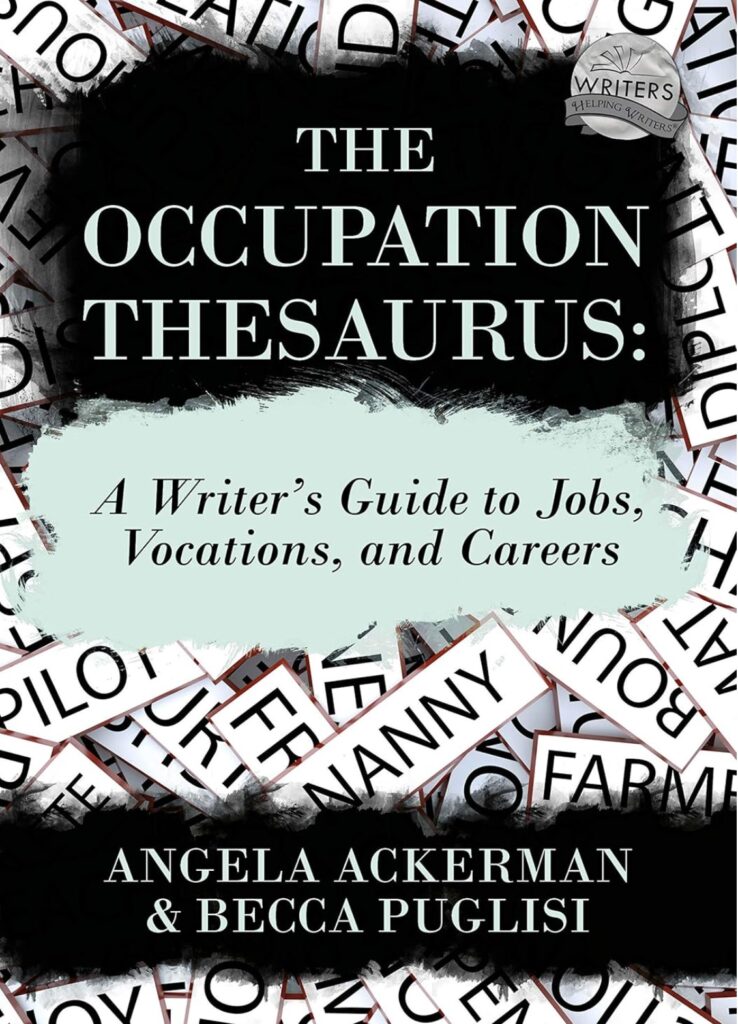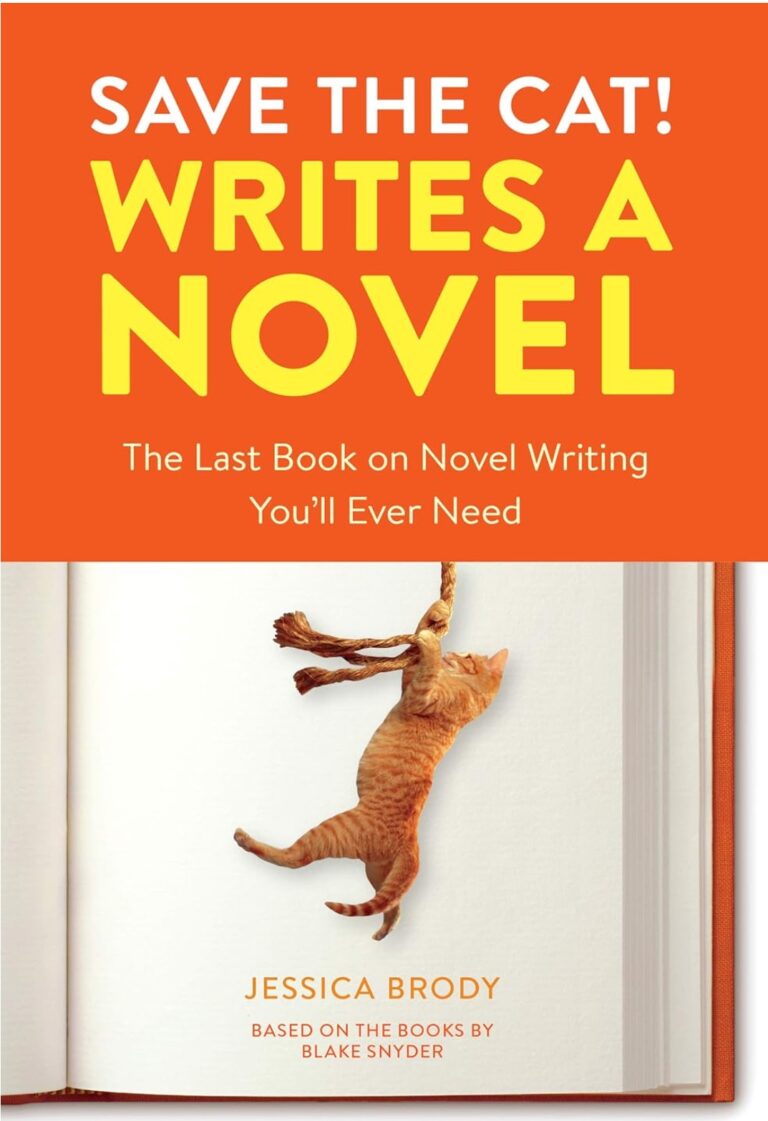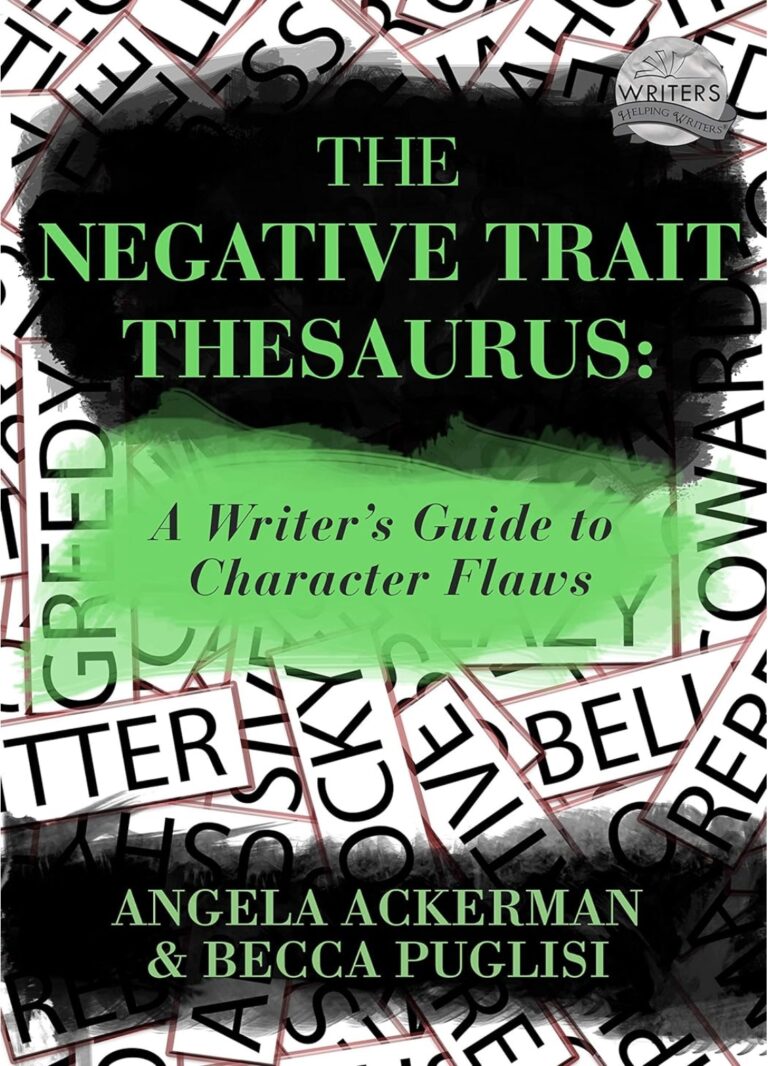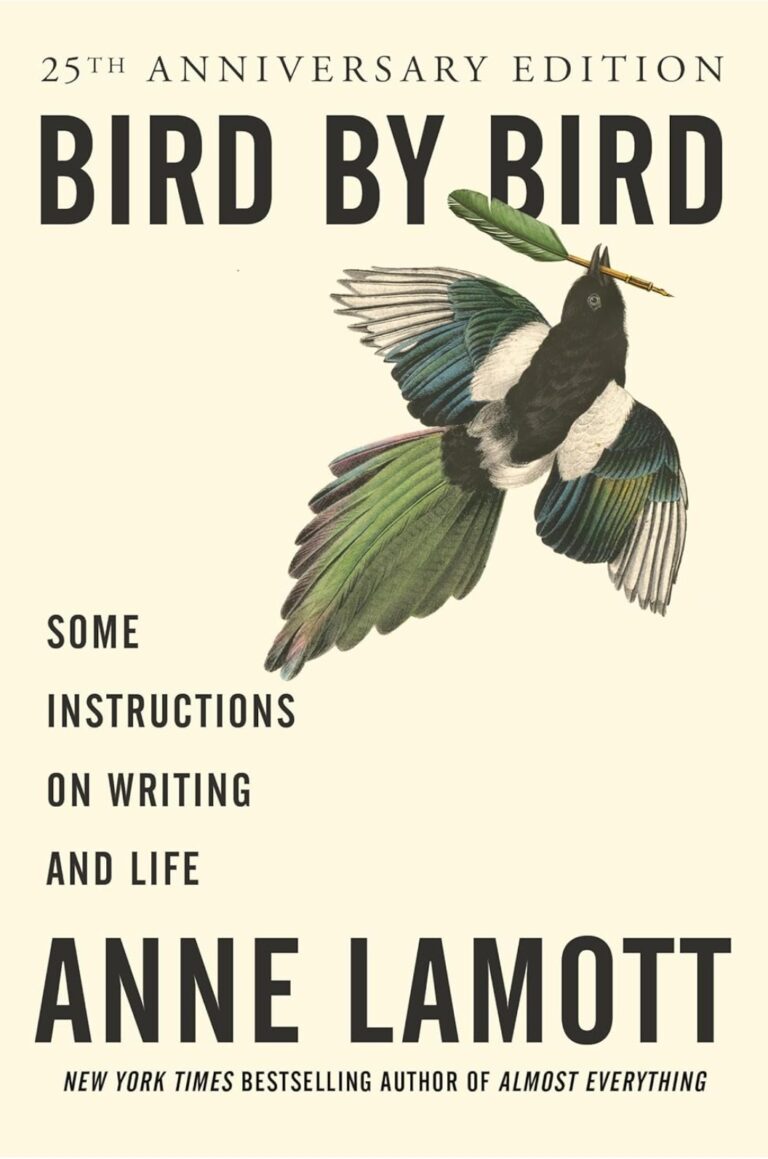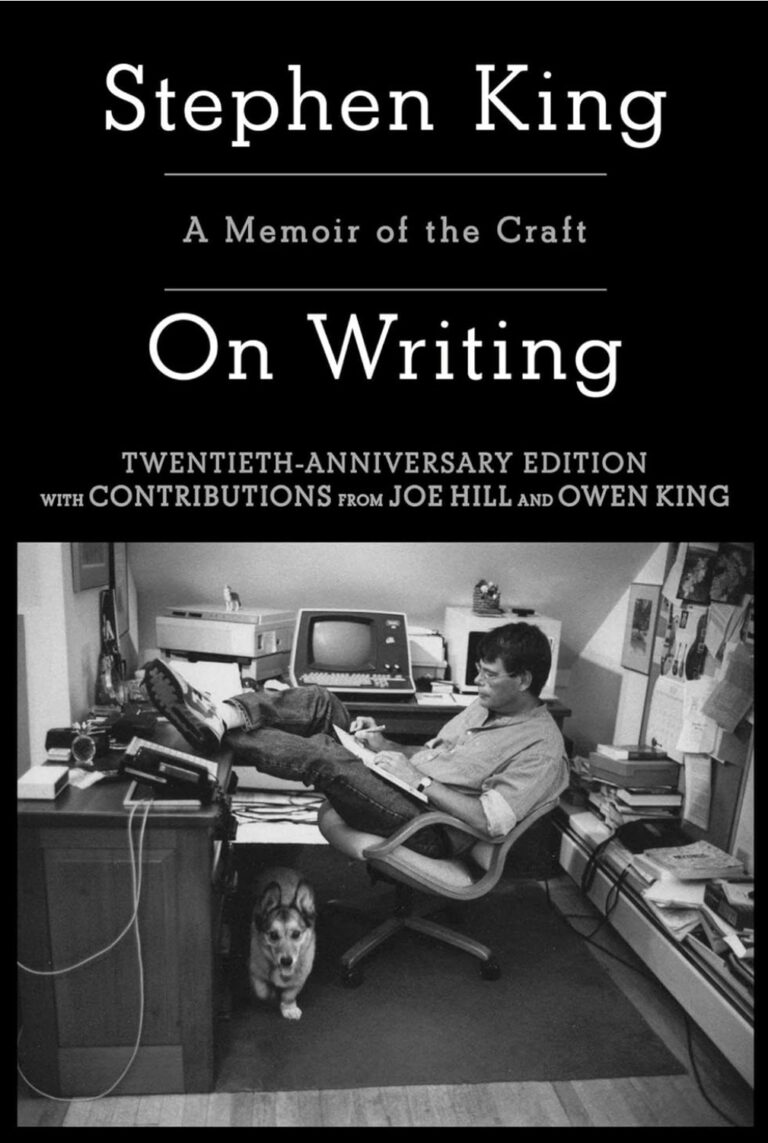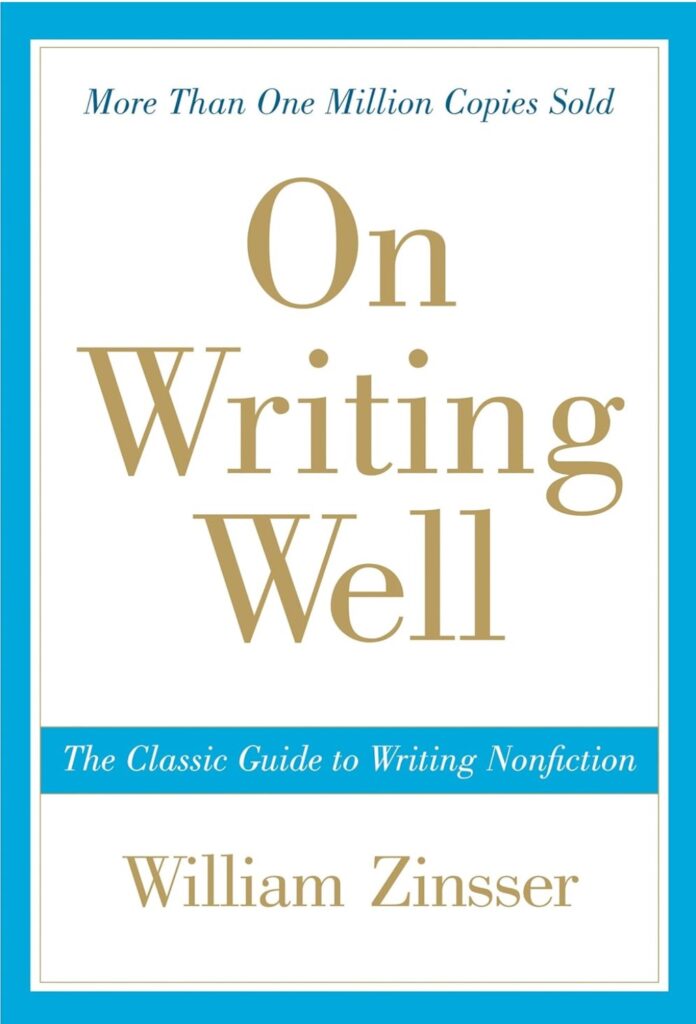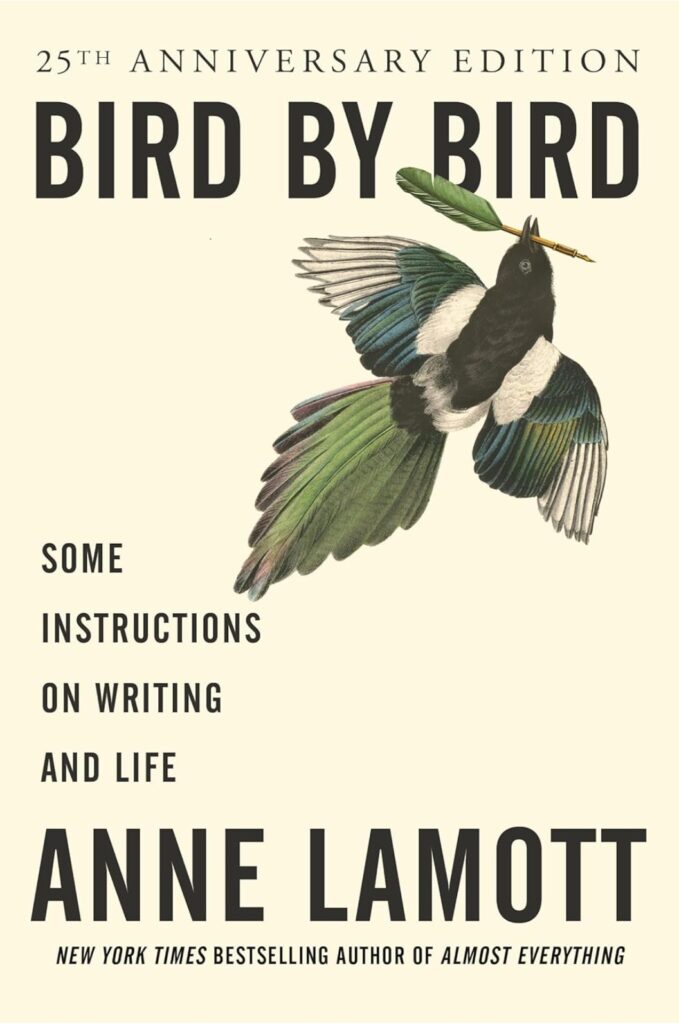Unlock the potential of your characters with The Occupation Thesaurus. This essential guide helps you seamlessly integrate unique jobs and careers into your stories, adding depth and realism.
Enhance your paranormal and alien romances with multi-dimensional, relatable characters facing authentic challenges. Craft engaging narratives that keep readers hooked.
Transform your writing with practical tips and insights from this invaluable resource. Perfect for creating emotionally rich stories.
As a romance author who thrives on crafting insta-love stories set in unique and imaginative worlds, I am always on the lookout for resources that can add depth and authenticity to my characters.
One such invaluable resource is The Occupation Thesaurus: A Writer’s Guide to Jobs, Vocations, and Careers by Angela Ackerman and Becca Puglisi. This book has revolutionized the way I approach character development, particularly in my paranormal and alien romance stories.
Table of Contents
ToggleUnderstanding the Importance of Occupations
Why Occupations Matter in Character Development
In my experience, a character’s occupation is a vital aspect of their identity. It shapes their worldview, influences their behavior, and adds layers to their personality.
The Occupation Thesaurus provides an extensive list of jobs, complete with detailed descriptions and examples of how these vocations can impact a character’s life. This has been incredibly useful in my writing, allowing me to create characters that feel real and relatable.
I’ve read the book and used its insights to enhance the protagonist in a story I wrote about a human-alien romance. The alien hero works as a healer, a role that not only defines his compassionate nature but also creates opportunities for tension and conflict as he navigates the complexities of human medicine.
This occupation added a unique layer to his character, making his interactions and decisions more engaging for the readers.
Applying Occupations to Paranormal and Alien Characters
Crafting Unique Vocations for Supernatural Beings
One of the strengths of The Occupation Thesaurus is its versatility. The book’s comprehensive list of occupations can be applied to a wide range of characters, including supernatural and alien beings.
I’ve found that by giving my paranormal characters distinct and unconventional jobs, I can make their experiences more relatable and their arcs more compelling.
In a novella I wrote featuring a werewolf, I used the occupation of a private investigator to shape the protagonist’s interactions and relationships. His role required him to balance his keen instincts and physical prowess with the need to remain discreet in human society.
The book’s detailed exploration of this occupation helped me portray the challenges and rewards of his job, making his journey towards love and acceptance more engaging.
Enhancing Character Arcs
Character arcs are at the heart of my stories, and occupations play a crucial role in their development.
Ackerman and Puglisi’s book provides invaluable insights into using jobs to create compelling character arcs. By understanding a character’s vocation, I can craft believable growth and transformation.
In a story I wrote about a ghost, the heroine’s occupation as a historian is central to her arc. I’ve applied what I learned in the book to depict her passion for uncovering the past and her struggle with the limitations of her ghostly existence.
Her occupation drove her actions and decisions, making her journey towards peace and love deeply satisfying for readers.
Practical Applications and Writing Tips
Integrating Occupations Seamlessly
One practical benefit of The Occupation Thesaurus is its advice on integrating occupations seamlessly into the story.
The book emphasizes showing the impact of a character’s job through behaviors, dialogue, and internal monologue rather than explicitly stating it. This approach has been incredibly effective in my writing.
For example, in a story I wrote about a minotaur, I introduced his occupation as a blacksmith subtly through his actions and interactions with others.
Rather than outright stating his job, I showed it through his skillful handling of metal, the respect he earns from his community, and the physical strength required for his craft.
This not only made his occupation more believable but also allowed readers to discover it naturally, enhancing their engagement with the character.
Creating Conflict and Resolution
Using occupations to create conflict and drive the plot is another key takeaway from the book. Jobs can lead to misunderstandings, clashes, and obstacles that characters must overcome, adding tension and making the resolution more rewarding.
In a novella I wrote about a human-ghost romance, the heroine’s job as a medium creates significant conflict in her relationship with the ghost hero.
Her professional duty to help spirits move on clashes with her personal desire to remain close to him.
The book’s guidance on handling conflicting job responsibilities helped me craft a realistic portrayal of her struggles and her eventual growth towards finding a balance between duty and love.
Enhancing Emotional Depth
Adding Layers to Relationships
Occupations add layers to relationships, making them more dynamic and interesting. In my insta-love romances, I use jobs to create initial tension and conflict that characters must work through, leading to deeper connections.
I’ve read the book and used its insights in a story where the hero, an alien, works as an intergalactic diplomat.
His job requires him to navigate complex political landscapes, which adds tension to his budding relationship with a human.
This external conflict, combined with his internal struggle with loyalty, added a layer of complexity to their relationship, making their journey towards love more compelling.
Developing Multi-Dimensional Characters
Multi-dimensional characters are essential for captivating storytelling. The Occupation Thesaurus provides a wealth of information on how to develop such characters by combining various occupations and showing their impact on behavior and relationships.
In a novella I wrote about a vampire, I combined the occupations of scientist and guardian to create a complex protagonist.
His scientific pursuit of understanding his condition and his role as a protector of his clan drove the narrative.
The book’s insights into these occupations helped me weave them into his character arc, making his journey towards acceptance and love more compelling.
Conclusion: A Must-Have Resource for Romance Writers
The Occupation Thesaurus: A Writer’s Guide to Jobs, Vocations, and Careers is an indispensable resource for any writer looking to add depth and realism to their characters.
Whether you’re writing about aliens, paranormal creatures, or humans, this book provides the tools and insights needed to create emotionally rich and engaging stories.
I’ve personally tried and used the techniques from this book in numerous stories, enhancing my characters and narratives.
For anyone writing romance, especially within the realms of supernatural and paranormal, this thesaurus is a valuable addition to your writer’s toolkit.
It not only helps in understanding and depicting occupations but also in crafting compelling character arcs that resonate with readers.
If you’re looking to elevate your characters and create stories that linger in the hearts and minds of your readers, I highly recommend The Occupation Thesaurus.
It’s a resource that I return to time and time again, and it has become a cornerstone of my writing process. Happy writing!

